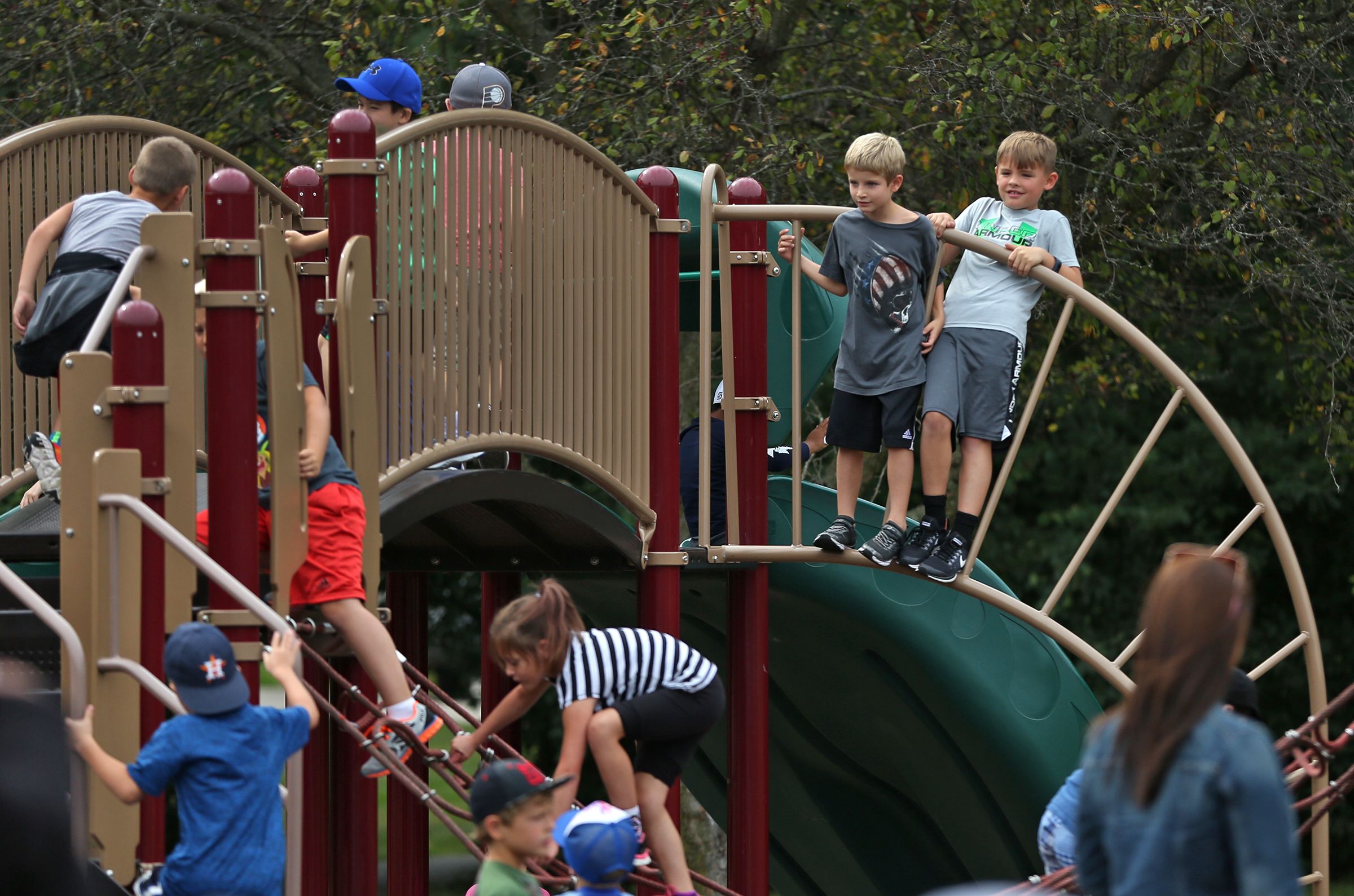(ALLTHEMOMS.com) - A friend was livid when her son’s teacher took recess away from the entire class after a few misbehaved.
What do teachers think about taking recess away as a punishment?
Some justify it, some condemn it. As a mother of three young boys, I wanted to find out what experts think.
Recess, they say, is the fourth “R.”
This is how the Centers for Disease Control and Prevention defines recess:
“Regularly scheduled periods within the elementary school day for unstructured physical activity and play.”
Child-development experts agree recess is just as important as reading, writing, and arithmetic. And without it, the other three “Rs” do suffer.
In fact, the American Academy of Pediatrics said recess is necessary and crucial to children’s cognitive, physical, emotional and social development. Recess offers its own unique benefits that even P.E. cannot offer.
Cognitive benefits: More productive children
Child development expert Anthony D. Pellegrini said healthy amounts of recess during school cultivates more productive children.
“Optimal cognitive processing in a child necessitates a period of interruption after a period of concentrated instruction,” he said.
In a nutshell, kids need to rotate between times of learning and times of playing. The American Academy of Pediatrics recommends 60 minutes a day.
The Center for Education Policy, which tracks recess across the U.S, said the average recess is 20 minutes, and most schools are down to one combined recess with lunch.
Social and emotional benefits: Valuable communication skills
The academy of pediatrics said recess is an extension of classroom learning. It offers life skills that cannot be taught in class.
Role-playing and peer interactions are essential for developing healthy social skills, Pellegrini said. The best place for this to happen is on the playground.
At recess, children learn “negotiation, cooperation, sharing, and problem-solving as well as coping skills, such as perseverance and self-control,” he said.
Physical benefits: Joy, learning stimulation
The CDC said recess offers kids the opportunity to mature both socially and academically.
The National Association for Sport and Physical Education, now called Shape America, said: “recess affords young children free activity for the sheer joy of it.”
Recess reduces serious health risks while prompting the body to pump endorphins, relating to joy and happiness, resulting in “better
learners” and test scores, according to Shape America.
Keep recess and try other options
The pediatrics association recommends 60 alternatives to withholding recess from schoolchildren.
Here are some of our favorite options:
1. Write a letter of apology, then discuss it.
2. Write a letter to parents explaining his or her behavior and what they can do differently next time.
3. Take a class privilege away that day or next rotation.
4. Give make-up work during the in-class free time.
5. Create a behavior program with rewards and incentives.
Bottom line: Students’ behaviors and academic successes hinge on adequate recess time. Child-development experts don’t recommend taking recess away as a form of punishment. In the long run, they said, it reinforces negative behavior and reduces academic production.


